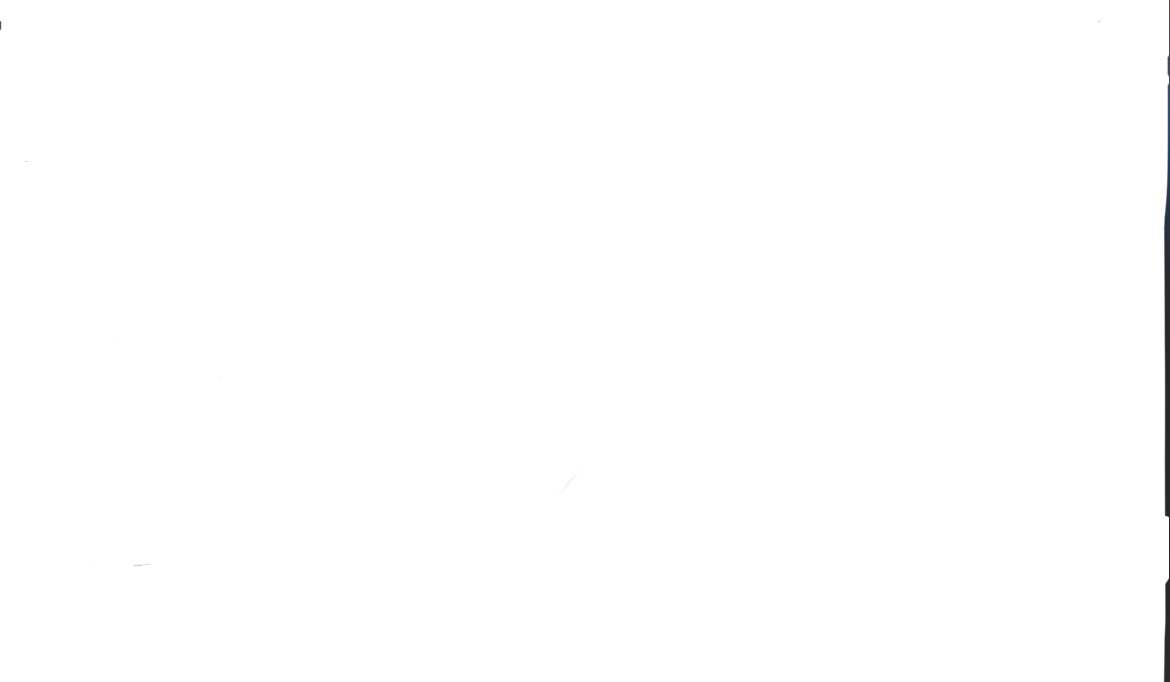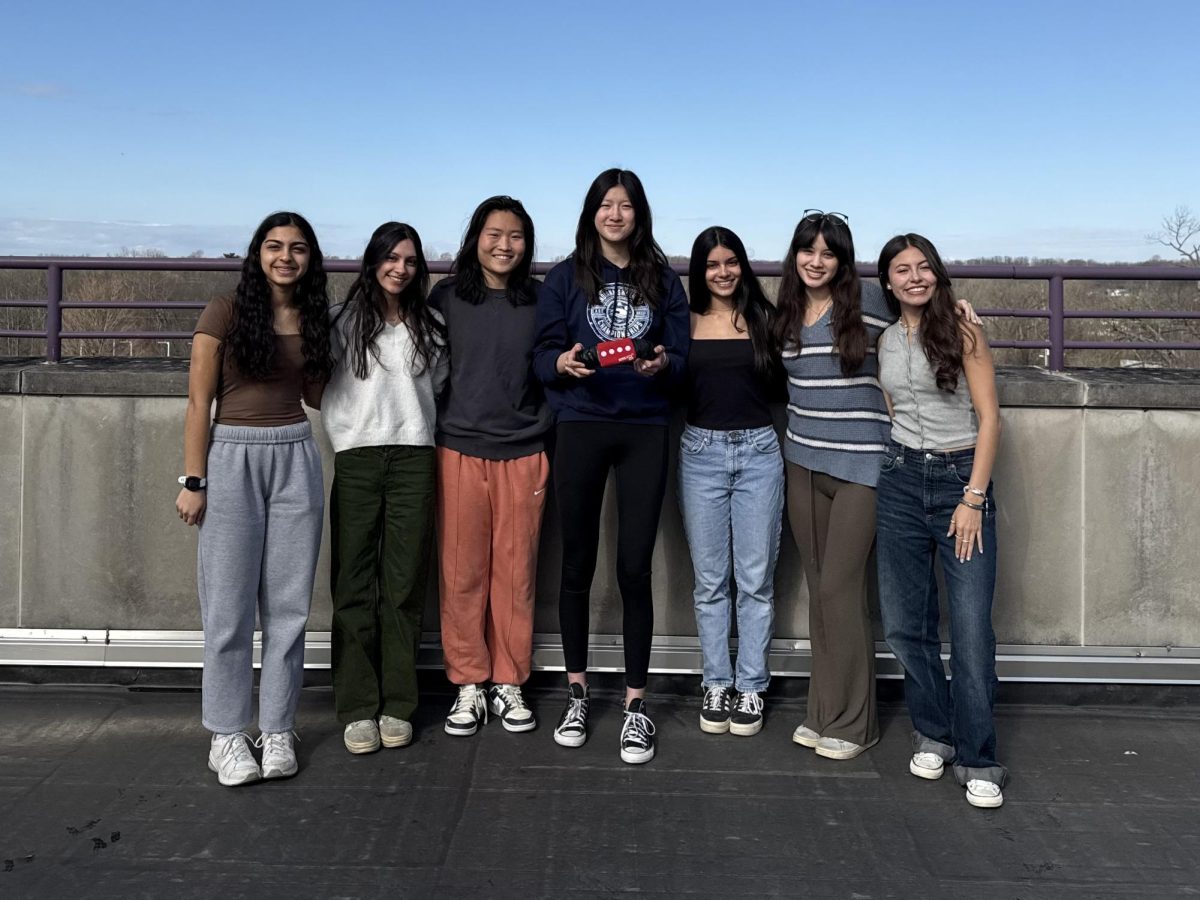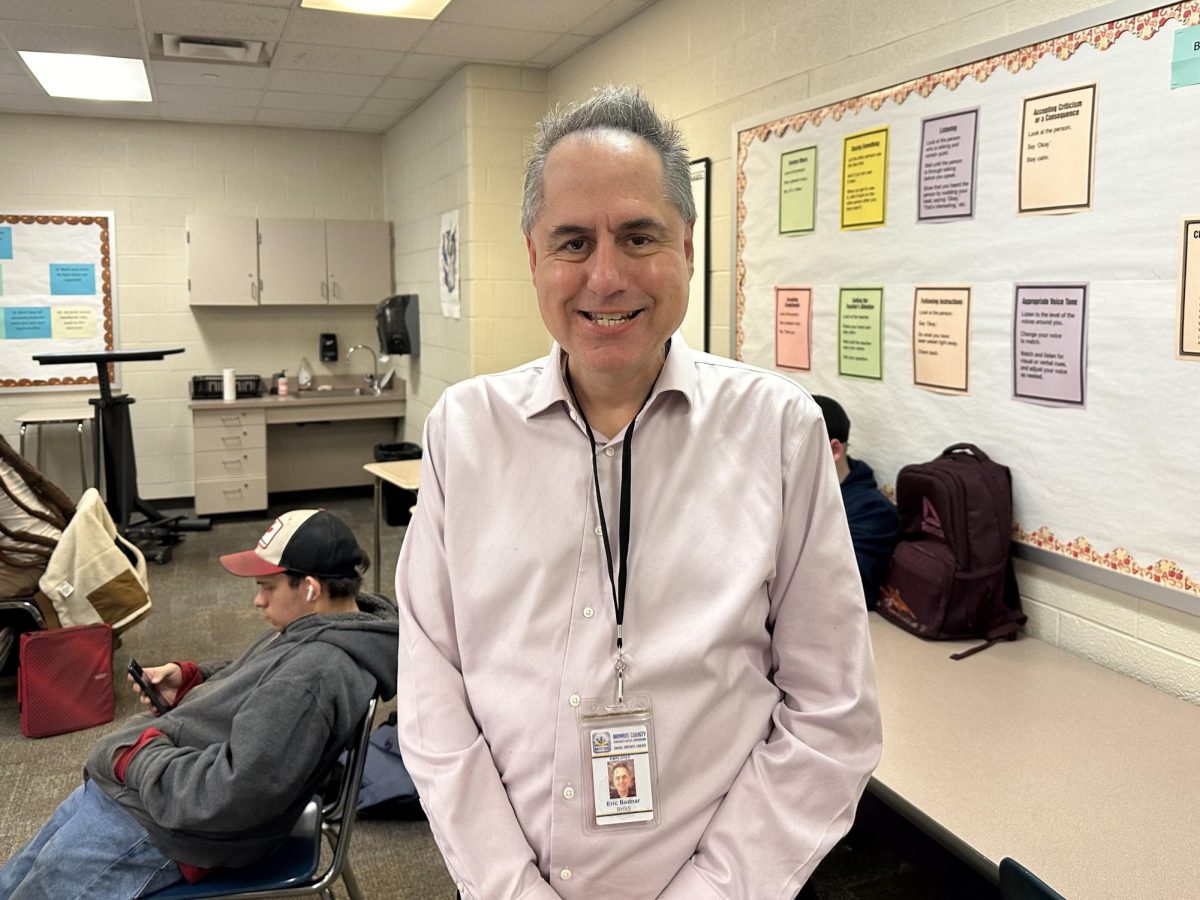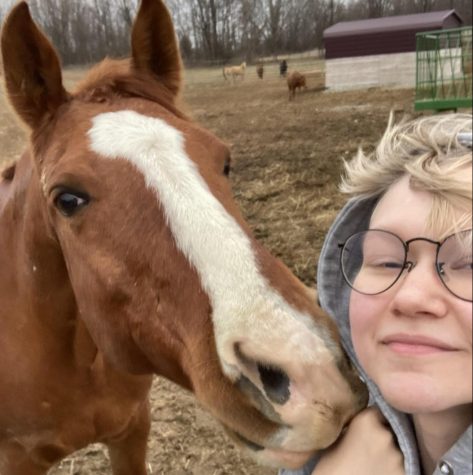Dr. Kirstin Milks has a passion for art that moves people, and with the announcement of the 35th annual Lilly Endowment grants, she’ll be getting her chance to pursue that passion in the form of animal inspired kinetic art and automata.
Milks was awarded the “Prosthetic Love Extensions: Fabricating Human-Powered Animal Art to Motivate Empathy, Environmental Protection, and Climate Action” grant. The grant will send her to Chicago’s Amalgam Incorporated and Pumping Station, a makerspace, to apprentice in the fabrication of large scale, human-powered animal puppets and sculptures as an artist-in-residence.
“It was really hard to express why this was so important to me, without them being in my own brain, and I think that was a big challenge, one that my early readers of that grant proposal really helped me address. I’m so passionate about it that I get a little speechless about it, and it turned out that was true in my writing as well,” said Milks. “I have had this idea in mind for a long time, and just wasn’t in the place with my little family where we’d be able to do it,” she said in regard to the complicated application process, going on to explain her schedule for the trip.
“I’m going to go up to Chicago for two one-week periods, and then my whole family is going to come with me, and the kids are going to go to camp. My spouse and I will be able to do two weeks of artwork together. I’m really excited about it.” Milks said before divulging a little more on her itinerary. “I’m going to be interning part-time at Amalgam Incorporated, which is my friend’s special effects and museum, live entertainment, industry company. The other half of my time I’m going to join the makerspace where my friends serve on the board of directors where I’m going to make my own stuff,” she explained. Along the way, she’ll be visiting some of Chicago’s museums to learn more about art and how to communicate science to the public.
Milks described reading a piece by Sam Anderson about the last white rhinos on Earth. She explained how, in January 2021, she kept the publication on her table, looking at it every day, unable to read it because she presumed it to be sad. The teaching climate of that time was the hardest she’d ever worked in, the worst her career had ever felt, and her students were struggling the most she had ever seen. “I [didn’t] have any bandwidth for more sad,” Milks said. Upon reading the publication, she found that Anderson describes in what was almost a mini-essay that humans only care about what’s in front of them, and that we need to figure out how to build “Prosthetic Love Extensions”, her inspiration for the grant. “That’s what I think art can do. That’s what I think teaching can do. Teaching can help– if you build a classroom community where people are actively practicing perspective taking, analyses and like, community building, then you give people those dispositions and skills when they’re not in your class anymore. And I feel like art can do that too,” Milks went on.
“This particular project, I’m proposing to build an example where marine conservation went really really well. So, humpback whales have experienced resurgence not only in popularity but also in numbers and habitat wellbeing. And then I’m also going to build a whale shark,” she explained, going on to passionately describe whale sharks as “these beautiful, gentle if you’re human sized, giants who are bigger than a school bus and really in danger.” Whale sharks were placed on the endangered species list back in 2002, with conservationists now estimating as little as 119,000 are left.
Milks truly has a passion for these prosthetic extensions of love, saying “I think that automata, and kinetic sculpture, and parade performance art can help people experience that wonder that can cause them to be better able to take care of our entire world together.”



